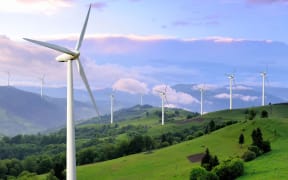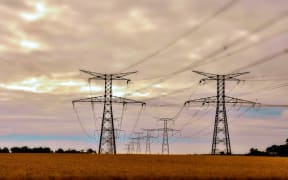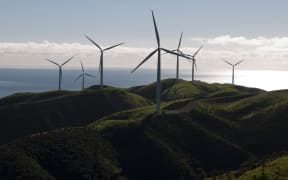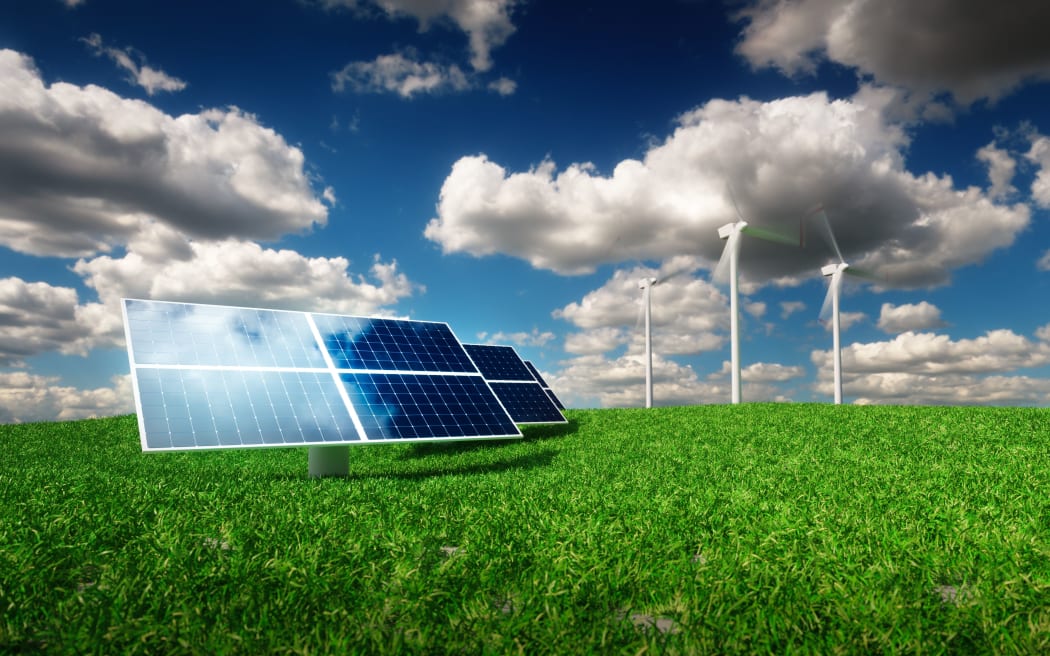
The report said communities needed to be empowered to develop their own energy solutions. Photo: 123RF
An energy sector report suggests unrealistic targets and uncertainties will make it difficult to meet 2030s renewable energy targets.
KPMG has produced an industry report, based on the opinion of 30 industry exports, highlighting concerns about unrealistic renewable targets, regulatory uncertainties, high costs, the lack of an energy strategy and an "unjust" transition.
"For example, the people who would benefit most from electric vehicles or solar panels are often the least likely to be able to afford them," Ara Ake chief executive Cristiano Marantes said in the report.
"This challenge is then compounded by the lack of infrastructure in many communities and the disproportionate understanding of these technologies, too."
The report said communities needed to be empowered to develop their own energy solutions.
Report author and KPMG partner Greg Bishop said the wellbeing of people who will be hurt by the transition to renewable energy was a concern shared by the wider industry.
He said those in lower socio-economic groups would be adversely affected. "And we think there's a need here for the government to look pretty hard at that.
"It's going to be a difficult social problem to solve, but it does need careful thought and it does need some solutions."
The lack of a comprehensive plan to support long-term investment planning was another area of concern.
"The amount of investment that needs to be made in just the next seven years alone is on the order of $42 billion," Bishop said. "That's $6 billion a year. These are substantial sums of money that need to be spent."
The 100-page report offered a wide range of opinions on what it would take to meet the targets, with feedback from all sectors of the industry, including generators, transmission, distributors and users.
Bishop said the tone of the comments was largely positive.
'Let young, intelligent people have a go'
Contact Energy chief executive Mike Fuge said government intervention was holding back the transition.
"Government intervention in our energy transition is an old solution. We need new approaches to let young, intelligent people have a go - only then will it progress."
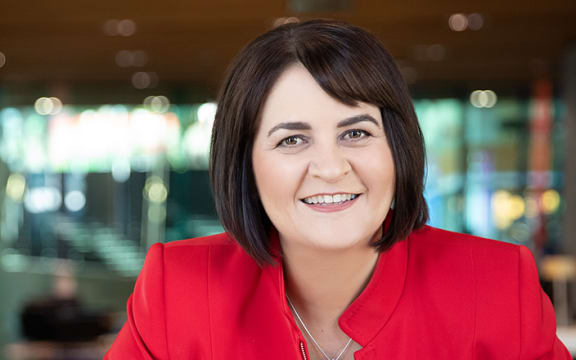
Jolie Hodson Photo: Spark
Spark chief executive Jolie Hodson said the energy transition needed to also focus on energy conservation.
"It's about using less energy and adapting our usage to suit renewable energy and low-carbon technologies. To achieve this, our energy system will need to be smarter, more connected and more coordinated."
Energy Collective chief executive Luke Blincoe said the energy market needed to be reformed to better manage peak energy demand.
"Demand-side innovations to reduce peaks has largely failed because the major players are incentivised to continue to see high peak prices."
Methanex managing director Stuart McCall said methanol still had a role to play in the transition to net-zero by 2050.
"There is a growing demand for methanol as a key component in lower emission solutions like electric vehicles, wind turbines and solar panels. Methanol can also be used as a cleaner-burning fuel to support shipping to decarbonise."
He said 60 percent of the world's methanol production came from natural gas, 40 percent from coal, and a small, but growing amount from renewable sources. However, New Zealand was not producing enough to meet demand.
"If we do not produce methanol here in New Zealand from gas, then it would be made overseas from coal and contribute to higher global emissions."
Transpower general manager Chantelle Bramley said there needed to be more confidence in our energy system - confidence that we can deliver to winter peaks.
"We need new and upgraded infrastructure. New Zealand has not built significant new transmission for a generation. In the global race to decarbonise, we need to be clear where we stand."

